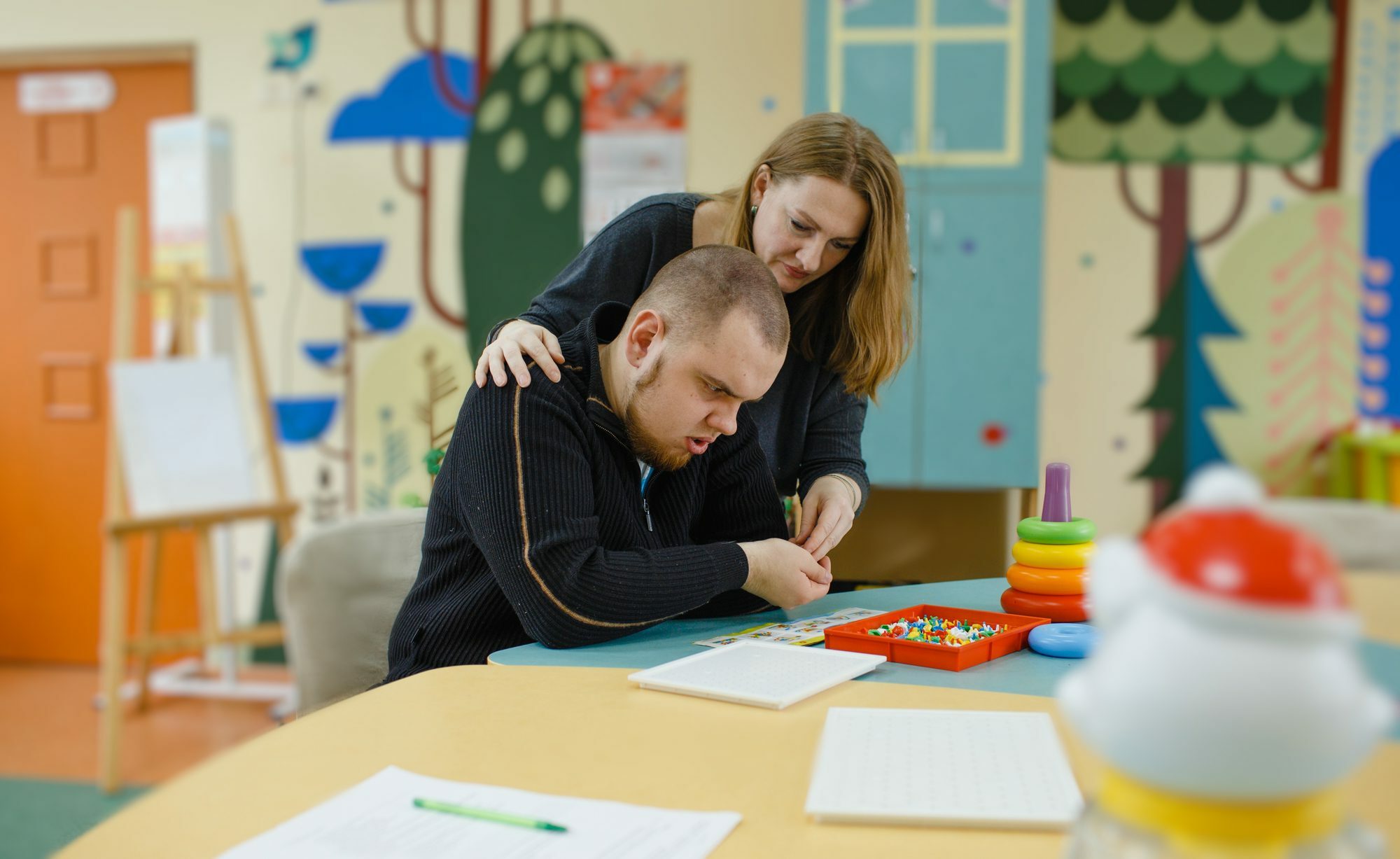Answers to Common Questions about Autism
At Quality Respite and Home Care, Inc., we understand that a lot of families who have loved ones with autism have questions and concerns about their health, well-being, and care. Our team of qualified and experienced care professionals stands ready to assist families in protecting quality of life and ensuring that the best possible care is provided to autistic citizens. It is important to know that you are not alone in caring for an autistic family member; it is estimated that 1 in 100 people are diagnosed with autism.
Guidance for Families
Our staff at Quality Respite and Home Care, Inc. works to ensure that you are confident in our ability to care for your loved one, starting with answering all of your questions and concerns promptly. Below, you will find some answers to common questions regarding autism. Of course, if you are still seeking answers, do not hesitate to contact Quality Respite and Home Care, Inc. today.
What is autism?
Autism is a lifelong disability that can greatly affect a person’s ability to communicate, interact with, and relate to other people. There are a variety of different ways that autism may affect individuals, and some cases may be more extreme than others. Undersensitivity or oversensitivity to things such as light, color, taste, touch, smell, and sound are all common. Asperger syndrome is a form of autism, and patients with this condition often exhibit above-average intelligence.
How common is autism?
Autism is estimated to affect at least 1 in every 100 individuals. Autism is a spectrum disability, and the individual affected could experience different symptoms and reactions to various stimuli when relating to people or the environment around them. High-functioning autism may be completely different than Asperger syndrome, as they are just two examples of conditions on the autistic spectrum.
What are the causes?
There is no known cause of autism, but it is estimated that genetics plays a crucial role in the development of this disability. Some scientists claim that it is a multiple gene complication, not a single-gene difficulty. Some individuals may be predisposed to develop autism simply based on genetics.
How did my loved one develop this complication?
Autism is something that occurs at a genealogical level, and there may be a variety of physical elements that could have affected brain development in the womb. There are multiple studies being done on autism as there is no exact cause known yet.
How can I tell if my loved one has autism?
Autism is a developmental condition and a spectrum disability, so an individual’s physical or emotional characteristics may vary greatly from one autistic individual to the next. Some common signs may include nonverbal communication, complications in relating to other individuals, lack of empathy, body ticks, need for routine, delay in learning to talk, or lack of interest in a variety of “normal” childhood interests. Only a medical professional can truly diagnose this disability, and it is important that you seek medical assistance if you think your loved one may have autism.
How can it be treated?
There are multiple therapies and interventions that are recommended by The National Autistic Society. Depending on the level of autism that the individual has been diagnosed with and his or her particular needs, speech therapy, communication assistance, behavioral analysis, and sensory integration may all help improve the quality of life for an autistic individual.
How can autism be managed?
Managing autism requires a cooperative approach from all family members. With the right therapy, guidance, education, and a loving, caring approach, all individuals affected by autism can improve the quality of their lives. Of course, in some cases, assistance may be needed, and Quality Respite and Home Care, Inc. can help.
How do I get my loved one the help that he or she needs?
In order to ensure that your loved one receives the best possible care and guidance that he or she deserves, it is recommended that you work with medical professionals who have experience handling autistic individuals. If you need help around the home, Quality Respite and Home Care, Inc. can provide trusted care and services for your loved one.
Contact Quality Respite and Home Care, Inc. today!
Are you ready to move forward with obtaining the care that your loved one deserves? Our respite and care services can help families rest assured knowing that their autistic family member is being watched, cared for, and respected. Each member of our staff must pass a thorough background check and is certified in cardiopulmonary resuscitation (CPR) and first aid. If you are interested in learning more about our services and how working with Quality Respite and Home Care, Inc. can help your loved one, contact our office today to and schedule a consultation with our team.
What Is Autism?
It is a lifelong spectrum disability that can significantly affect a person’s ability to communicate, interact with, and relate to other people. There are various ways that autism may affect individuals, and some cases may be more extreme than others. Undersensitivity or oversensitivity to things like light, color, taste, touch, smell, and sound are common. Asperger syndrome is a form of autism, and patients with this condition often exhibit above-average intelligence.

How Common Is This Disability?
Autism is estimated to affect at least 1 in every 100 individuals. An affected individual could experience different symptoms and reactions to various stimuli when relating to people or their environment. For example, high-functioning autism may be completely different than Asperger syndrome as they are two conditions on the autism spectrum.
What Causes Autism?
While there is no known cause of autism, it is estimated that genetics plays a crucial role in the development of this disability. Individuals may be predisposed to develop autism simply based on genetics. Some scientists claim it is a multiple-gene complication, not a single-gene difficulty.
How Did My Loved One Develop This Complication?
This disability is something that occurs at a genealogical level. There may be a variety of physical elements that could have affected brain development in the womb. Multiple studies are being done on autism as there is no exact cause known yet.

How Can I Tell If My Loved One Has Autism?
This developmental condition is a spectrum disability, so an individual’s physical or emotional characteristics may vary greatly from one autistic individual to the next. Some common signs may include:
Only a medical professional can truly diagnose this disability. That is why it is important that you seek medical assistance if you think your loved one may be on the autism spectrum.

How Can This Disability Be Treated?
Multiple therapies and interventions are being recommended by The National Autistic Society. Depending on the level of autism your loved one has been diagnosed with and their particular needs, the following may help improve their quality of life:
How Can Autism Be Managed?
Managing this complication requires a cooperative approach from all family members. With the right therapy, guidance, education, and a loving, caring approach, individuals affected by autism can improve the quality of their lives. In some cases, additional assistance may be needed. This is where respite and care service providers like QRHC Inc. can come in.
How Do I Get the Help That My Loved One with Autism Needs?
Work with medical professionals who have experience handling autistic individuals to ensure your loved one on the autism spectrum receives the best possible care and guidance that they deserve. For example, QRHC Inc. can provide trusted respite and care services if you need help around the home.
